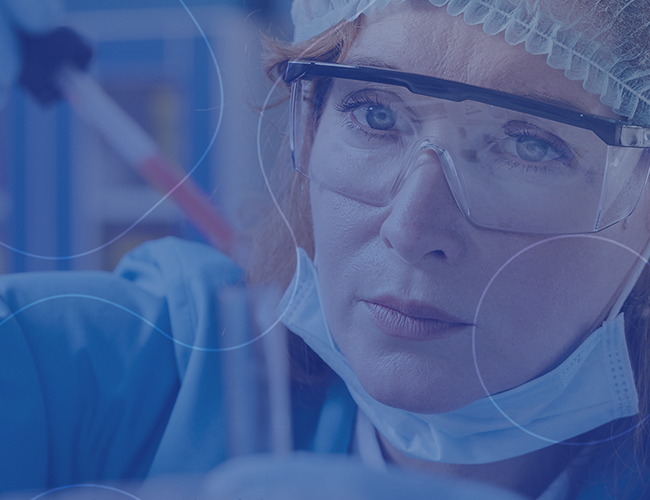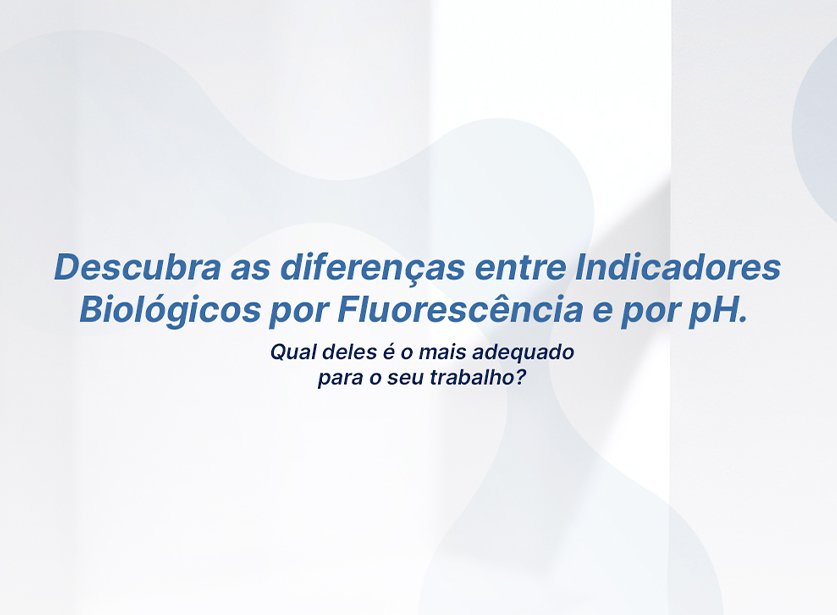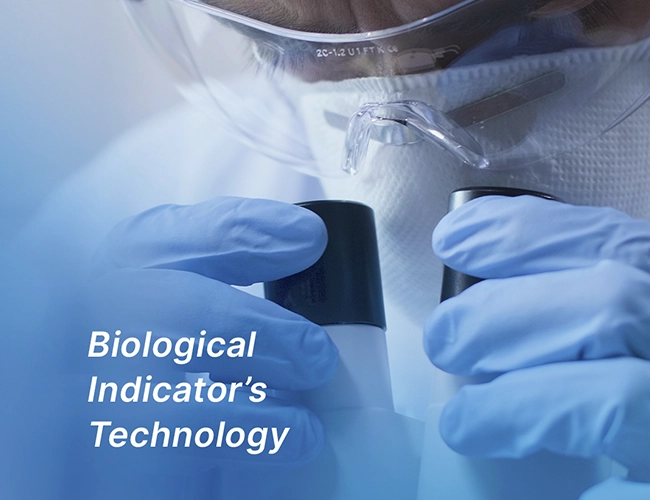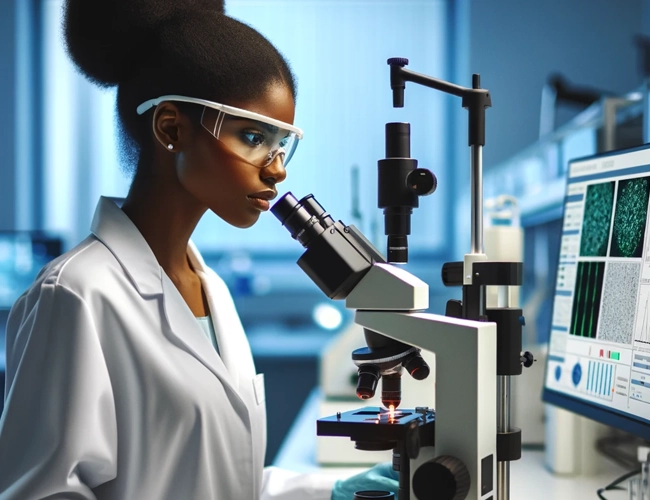On February 11th it is celebrated as International Women’s and Girls in Science Day. The date was created by the United Nations Organization (UN) in 2015 to celebrate the accomplishment of women in science and to raise awareness about the importance of feminine participation in this field.
Women face a series of challenges in the biochemistry field. One of the main challenges is the gender prejudice. Biochemistry is a field traditionally dominated by men, and women can be underestimated or discriminated against in their jobs.
Overcoming the obstacles, women have been contributing meaningfully to the advancement of science in all fields, including biochemistry, the science that studies the structure, function, and chemical composition of living beings.
There are many women of success in the field, and today we’ll present 4 women that left their mark in this science.
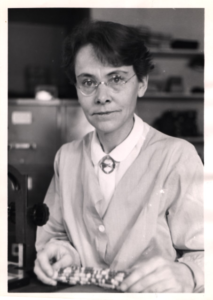
Barbara McClintock (1902-1992)
Geneticist and American biochemist who won the Nobel Prize in Physiology and Medicine in 1983 for her discoveries about transposons, genetic mobile elements that can move from one local to the other in the genome. McClintock’s work helped to understand how genes behave and how mutations can lead to cancer and other diseases.
McClintock was a pioneer in the molecular genetic field, being one of the main scientists to propose that the genes could move from one place to the other in the genome. Her work was initially controversial, but it was eventually accepted and helped launch the basis for modern genetics.
foi uma pioneira no campo da genética molecular, sendo uma das primeiras cientistas a propor que os genes poderiam se mover de um lugar para outro no genoma. Seu trabalho foi inicialmente controverso, mas eventualmente foi aceito e ajudou a lançar as bases para a moderna genética.
Know more about her here
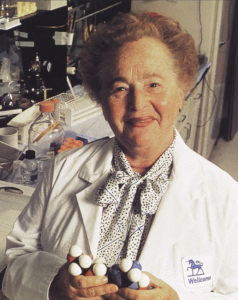
Gertrude Belle Elion (1918-1999)
American biochemists and pharmacologists that developed medicines to treat diseases such as leukemia, gout, and herpes. She was the first woman to win the Nobel Prize in Physiology and Medicine. Elion’s work had a meaningful impact on modern medicine.
One of the most important medicines developed by Elion was Aciclovir, which is used to treat infections by herpes. Aciclovir was approved by the Food and Drug Administration (FDA) of the United States in 1982 and is used to treat a variety of herpes infections, including genital, labial, and herpes zoster.
Elion also developed trimethoprim, which is used to treat bacterial infections, including infections in the urinary tract, pneumonia, and meningitis. Trimetoprim was approved by the FDA in 1967 and is one of the most prescribed antibiotics in the world.
Her medicines helped save millions of lives and improved the quality of life of millions of people. Ellion was a pioneer woman in science. She was one of the first scientists to develop medicines using rational design methods.
Know her life and career

Ada Yonath (1939- )
Israeli biochemist was the first woman to win the Nobel Prize in Chemistry. She discovered the structure of the ribosomes, which are cell structures responsible for the synthesis of proteins. The work of Yonath helped to understand how proteins are produced and how they work.
Yonath’s work had a meaningful impact on medicine. She helped develop new antibiotics and to better understand the resistance of bacteria towards them.
Uncover the ribosomes with Ada Yonath

Fabiana Rigobello
A biochemist specialized in clinical analyses, Fabiana led a technical team composed of 7 people that developed a completed line of fast biological indicators. Fabiana is Co-Foudner and Director of Technology (CTO) of Hygia Bio and her knowledge was a fundamental key to developing the company’s functionality.
These are only one of many women who made meaningful contributions to biochemistry. They are an inspiring example for young ones who are interested in pursuing scientific careers.
Hygia Bio offers products and solutions with improved quality and competitive cost to monitoring and sterilization centers of hospitals, biopharmaceutical industries, and medical and dental clinics in Brazil and the rest of the world.


